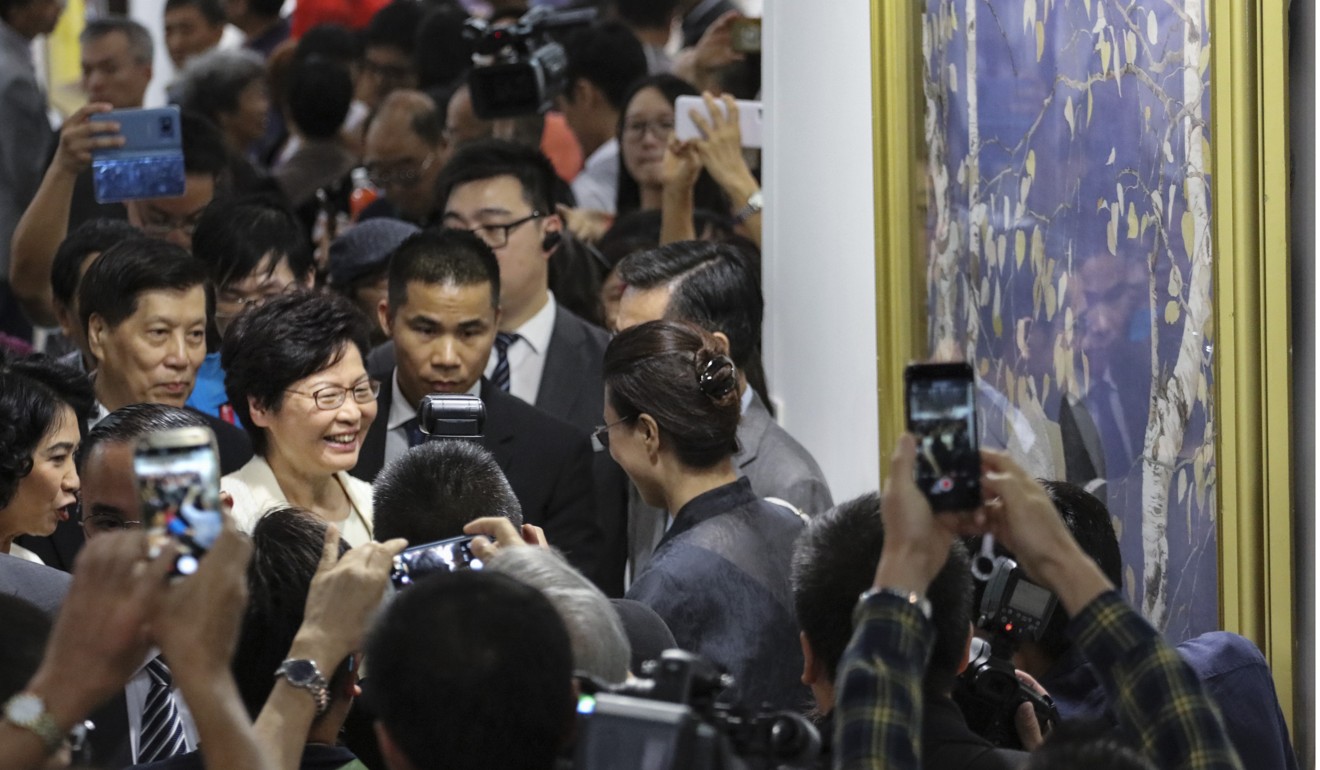
Hong Kong’s future lies in the hands of its new globally networked generation
Young Hongkongers have to set aside political noise, and find a way to realise their value as people through their career choices
Facts don’t change people’s minds, emotions do. And emotions are running high in Hong Kong among young people insecure about their future, especially where their careers are concerned. I meet many of them.
A new year should bring more enlightened and positive attitudes. And unlike others, Hong Kong’s graduates in 2018 have to be set to navigate China’s confusing policies.
The Chinese government’s official position contradicts itself speaking of the need for internationalisation by allowing thousands of students to study abroad every year, while also warning its educators and students about the insidious influence of western ideas.
With such a position how China intends to dominate technological innovation and artificial intelligence (AI) besides copying and stealing remains unknown.

Opportunities are scarce in Hong Kong. It is hard for young people to believe that this city was once regarded to be the centre of Chinese capitalism. Now its special historical role is being eclipsed by the mainland.
But the next generation has to set aside the political noise and find a way to realise their value as people through their career choices.
This requires judicious risk taking to make the most out of your life. Yet, I am always surprised at how many young Hong Kong people rarely travel to China preferring Japan or South Korea. It’s like living in New York, but shunning New Jersey and Connecticut.
Hongkongers must disabuse themselves of their tendency towards small town parochialism … accept that you govern with the government you have not the one you wish you had
Hongkongers must disabuse themselves of their tendency towards small town parochialism – us (Hongkongers) versus them (mainlanders and foreigners).
And they must accept that you govern with the government you have not the one you wish you had.
This Hong Kong generation is stuck with the Basic Law, at least until 2047, and forever high property prices. Trying to escape this terrible orbit can only be accomplished by leaving Hong Kong.
The completion of the Hong Kong-Zhuhai-Macau bridge and the high speed railway may realise a forced network effect even though the concept of network effects were not meant to apply to concrete infrastructure.
But, building out and encouraging freedom of movement certainly helps. The rest of it, human networking is up to each person, whether he or she wishes to commute or relocate to China.
Hong Kong graduates must look beyond Hong Kong because there are few big opportunities left in this city.

They range from allowing Hong Kong students to seek work in China after graduating from mainland universities; free public school education in the mainland; and allowing Hongkongers working on the mainland to contribute to a home ownership fund.
They should also take advantage of scholarships and programmes to study in “Belt and Road Initiative” countries. Get out of Hong Kong, learn Pashto and see what the flagship economic initiate can offer, both Hong Kong and the world.
I’m still not sure if the Hong Kong government’s new-found support for the tech industry is a vast social welfare programme meant to palliate the city’s youth and distract them from the fact that the city is dying a slow economic death.
Or whether government and business leaders are actually willing to implement painful measures to make Hong Kong more internationally competitive.
Because the new economy looks clearer by the year: future high paying jobs will be narrowly centred on the new globally networked generation, which includes China and the rest of the world. Automation and AI shall inflict a dystopian “post-capitalism” economy without real work or labourers.

